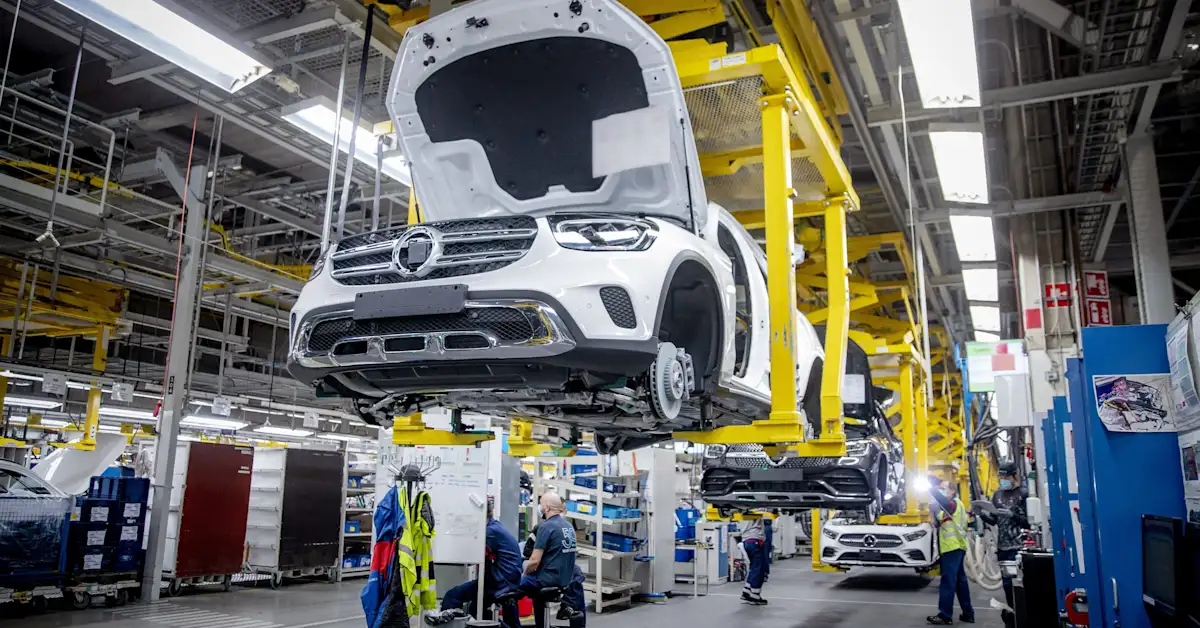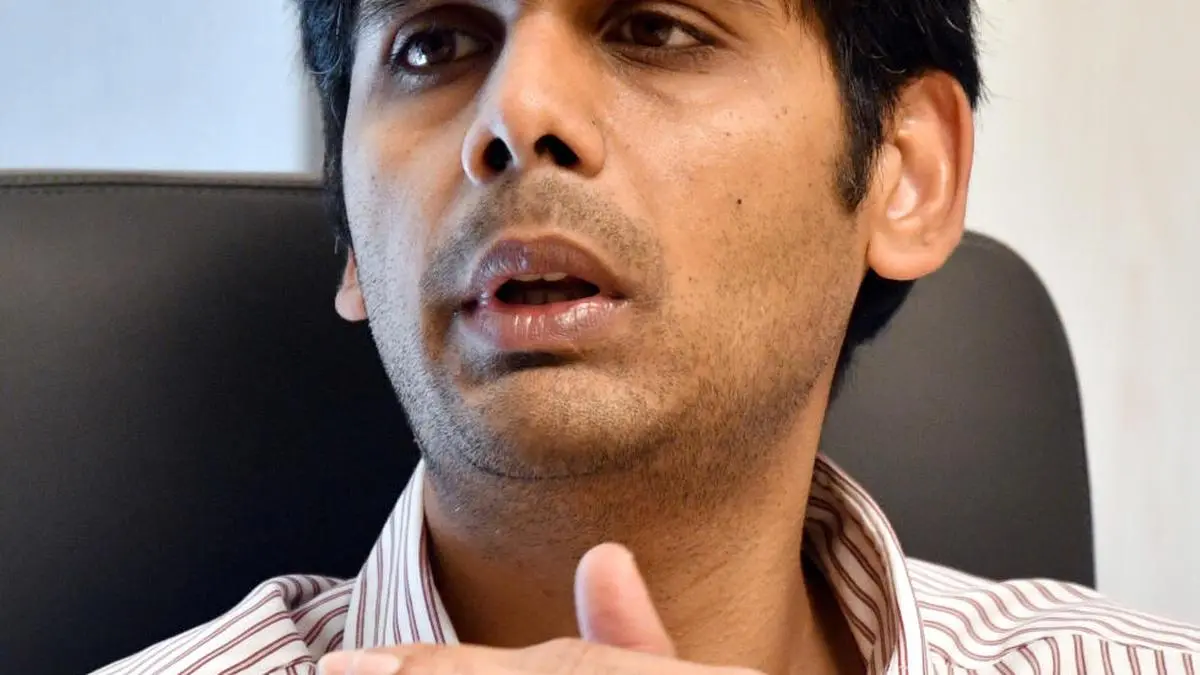
Finnish car manufacturer Valmet Automotive has announced the beginning of co-determination talks with staff representatives, citing “financial and production-related grounds”.
In a statement, the company said that all personnel working in Finland — estimated to be about 1,300 people — will be included in the negotiations, with some 1,075 jobs potentially on the line.
The statement added that other measures, such as temporary layoffs and changes to job descriptions, will be considered in addition to the option of redundancies.
“The downturn in the European automotive industry has impacted the company’s financial performance and reduced the amount of work at the Uusikaupunki plant,” the statement said, adding that a strategic move into other sectors, including defence, has yet to bear fruit.
CEO Pasi Rannus wrote in the press release that starting the redundancy talks was a “difficult but necessary decision”.
“At the beginning of September, we announced our new strategic direction, which outlines that we will utilise our expertise also beyond the automotive industry in the future, including the defence sector,” Rannus wrote. “This will create new pillars for our business going forward and stabilise our operations in the long term. However, at the moment, the amount of work in the manufacturing business is unfortunately decreasing.”
Valmet Automotive’s chief shop steward, Satu Heijari, told Yle on Tuesday that she was too shocked by the news of the possible redundancies to comment.
At the beginning of this month, the government announced that the Finnish state had become the majority owner of the company.
Maija Strandberg, head of the state’s ownership steering department, told Yle that the challenges Valmet Automotive faced were well known when the state acquired a majority stake in the company.
She added that the decision was made because the company remains a significant player from both an industrial and regional policy perspective.
“The company has specialised expertise in contract manufacturing, and we considered it to be very important that this expertise can be maintained – and even utilise it in the growing needs of the defence industry,” Strandberg said.



